The Russian Foreign Ministry has confirmed the cancellation of the nuclear disarmament cooperation agreement with Japan, citing Japan's unfriendly policies towards Russia. This agreement, initially signed in October 1993, was aimed at dismantling the majority of nuclear weapons developed during the Soviet era, with Japan responsible for identifying environmental issues arising from the destruction process.
According to Russian state media RT, the process of canceling the agreement began approximately six months ago. The Russian Foreign Ministry announced that the agreement will officially terminate on May 21, 2024.
The agreement was a significant post-Cold War step towards nuclear disarmament, reflecting a collaborative effort between Moscow and Tokyo to address nuclear weapon disposal and environmental concerns. It marked a period of cooperation and mutual trust between the two nations.
The Russian Foreign Ministry stated that the Japanese government, under Prime Minister Fumio Kishida, has adopted a blatantly anti-Russian stance. This hostile policy has led Moscow to deem it impossible to maintain communication on issues that affect Russia's national security with a country it considers unfriendly.
The ministry's statement highlighted that Japan's alignment with the NATO alliance and its participation in sanctions against Russia, particularly since the onset of Russia's special military operation in Ukraine on February 24, 2022, has strained relations. Moscow has placed the blame for the severed agreement squarely on Tokyo, asserting that it is a consequence of Japan's choices.
Since the invasion of Ukraine, Russia has faced significant international backlash. Western countries, including the United States, the United Kingdom, NATO, and the European Union, have provided military and financial aid to Ukraine. Japan has also supported Ukraine, aligning with the NATO alliance and imposing sanctions on Russia, which led to the suspension of peace talks between Russia and Japan in 2022.
The termination of this agreement is a clear indicator of the deteriorating relationship between Russia and Japan. As global geopolitical tensions rise, particularly involving key players in the East and West, the fallout from such actions will likely have broader implications for international security and diplomacy.
The cancellation of the nuclear disarmament cooperation agreement marks a significant shift in Russia-Japan relations. It underscores the impact of Japan's alignment with Western policies on its bilateral ties with Russia. As this development unfolds, the global community will be watching closely to see how it influences the broader geopolitical landscape.



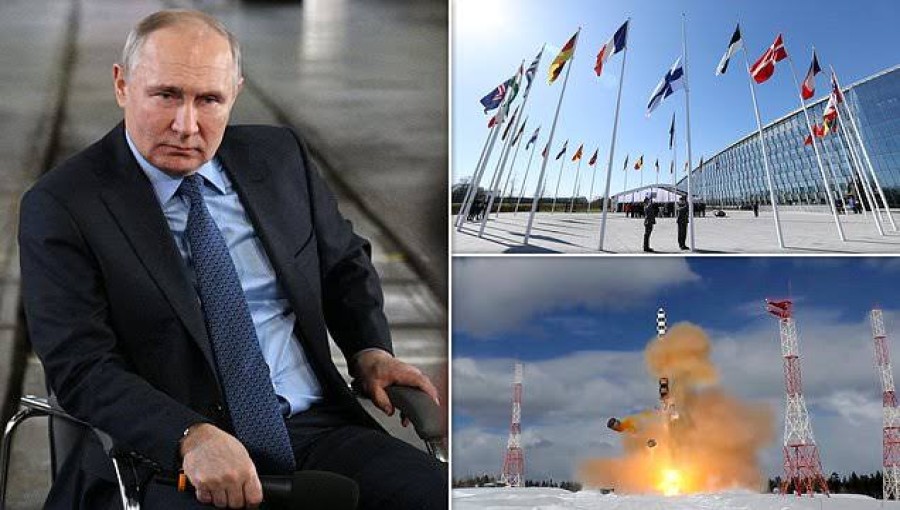

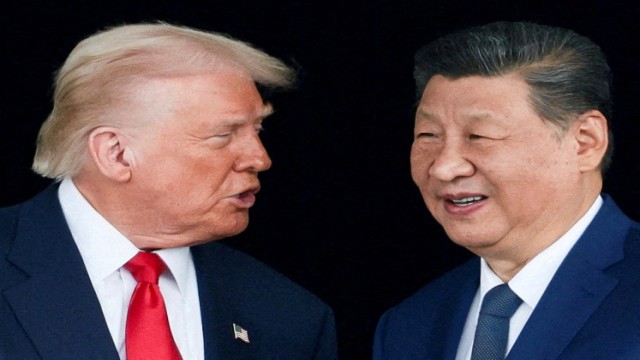
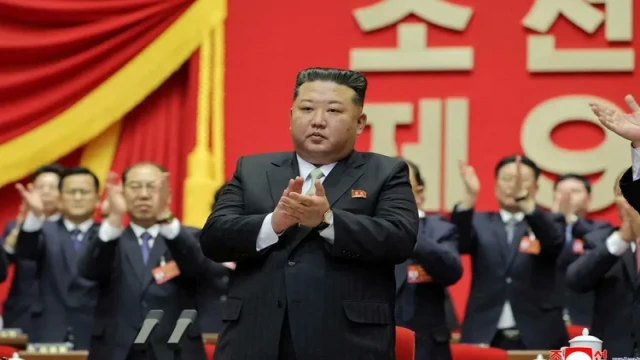
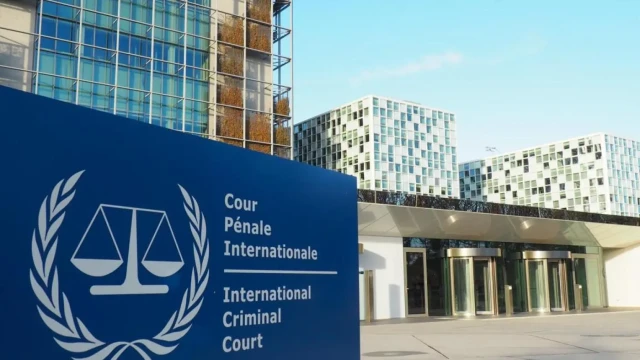

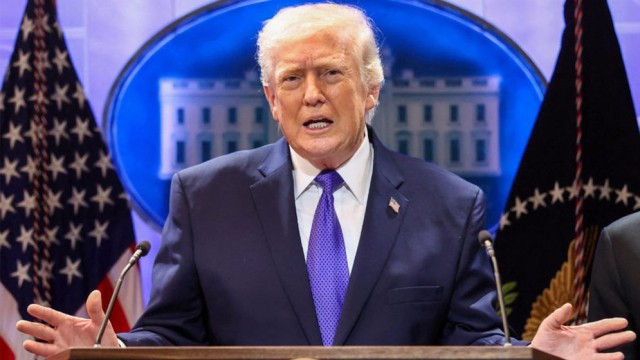


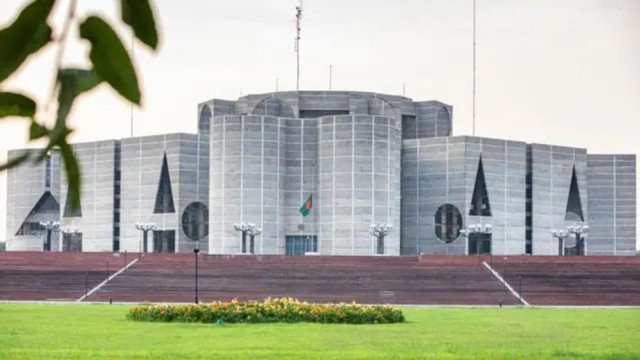
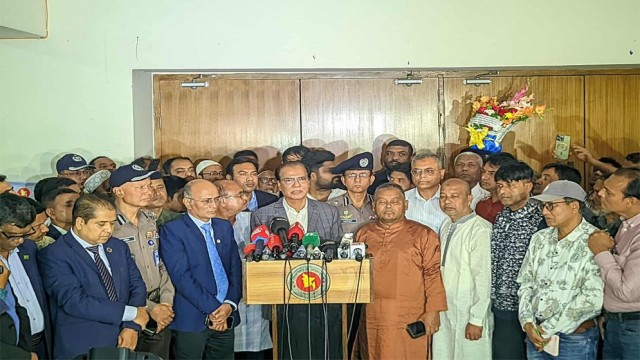
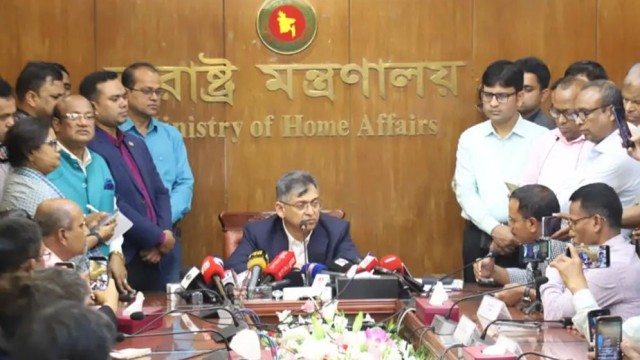

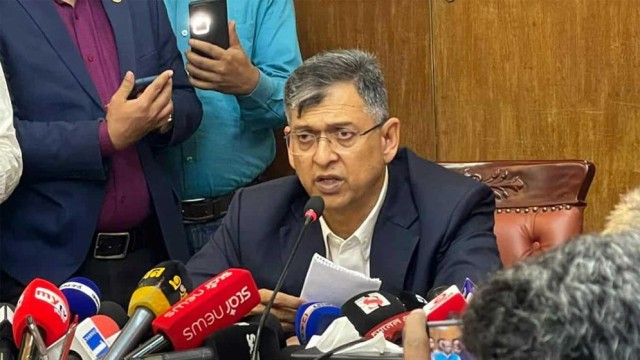


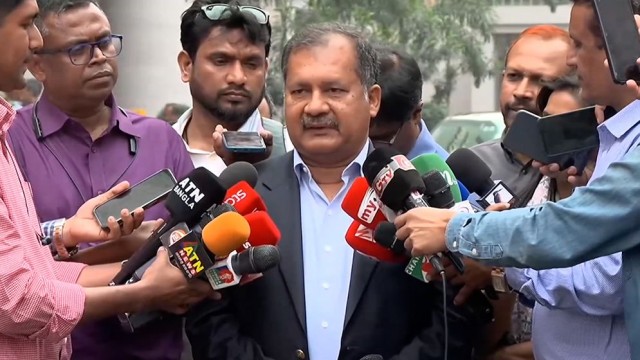











Comment: